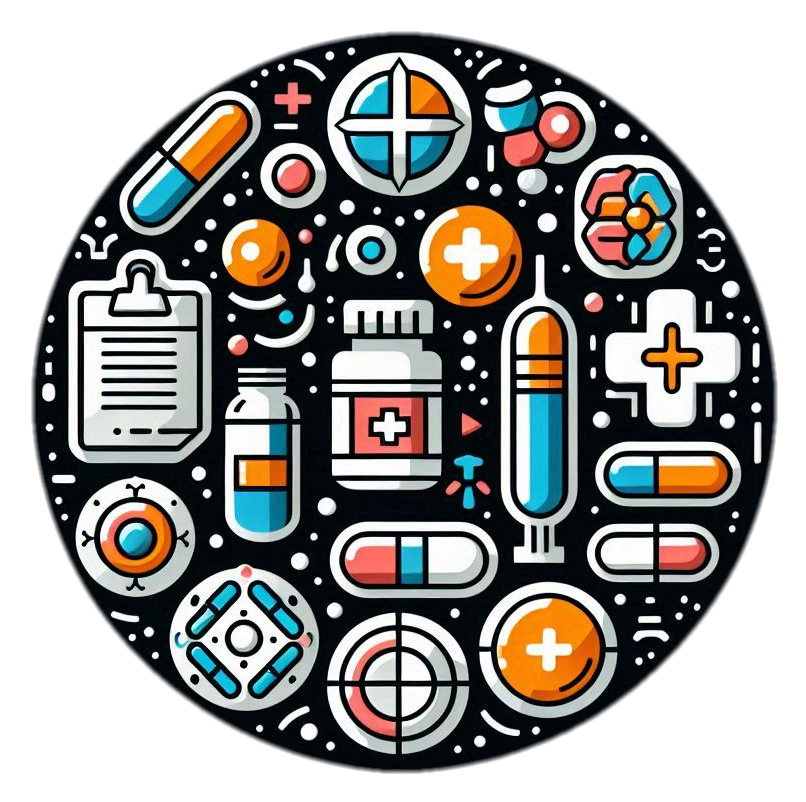
Travel Medicine
Europe, because of its geographical location, strategic position on trade routes, and colonial past, has a long history of caring for travellers’ health. Within Europe, there is great diversity in the practice of travel medicine. Some countries have travel medicine societies and provisions for a periodic distribution of recommendations, but many countries have no national pre-travel guidelines and follow international recommendations such as those provided by the WHO.Providers of travel medicine include tropical medicine specialists, general practice nurses and physicians, specialist ‘travel clinics’, occupational physicians, and pharmacists.

Mother Baby Iodine
The project leaders aim to establish a coalition comprising diverse stakeholders who share a common interest in increasing awareness to reduce iodine deficiency among women of reproductive age. This initiative is expected to engage International Organizations, the food and salt industries, medical professionals—including those from Endocrine, Obstetrical, and Pediatric societies—as well as patient organizations and health ministries, among others. The goal is to create a pathway for these influential figures to disseminate the message, utilizing not only conventional educational approaches but also leveraging social media and various other communication channels.

Iprocure Security
“In response to the fragmentation of Emergency Medical Services in Europe and the pluralistic landscape of practitioners, the iProcureSecurity project aims to identify the capability gaps of the European emergency ecosystem, to monitor research and development initiatives and, finally to define the needs and technical documentation for the innovation procurement phase.”

RIDM
Research innovation developed and martketing (RIDM) is the project initiated by Dr.Vincezo Costigliola and Prof . Dr. Ather A which focus on Research innovation development and marketing on Integrated medicine which is practising medicine in a way that selectively incorporates elements of complementary and alternative medicine into comprehensive treatment plans alongside latest innovative methodsof diagnosis and treatment.

BIOS
On June 5th 2018, EMA is a partner of the “BioS: Digital Skills on Computational Biology” project approved in the European Framework of Erasmus+ / Sector Skills Alliances Programme. The BioS project is dedicated to enhancing the digital competencies of medical professionals by creating, developing, and implementing innovative modular vocational curricula focused on Computational Biology and Bioinformatics. The objective is to equip medical doctors with the necessary knowledge, skills, and competencies to effectively address the simultaneous challenges faced by healthcare systems, services, and policies within the European Union, ultimately benefiting the health of EU citizens.

GDPR 4 H
General Data Protection Regulation (GDPR) sets a new landscape in the protection and procession of patient data. In order to respond to this, the EU Parliament approved a General Data Protection Regulation (GDPR). This requires for healthcare organizations to re-think about their data flows. GDPR4H is a European consortium which is conducting a study in order to analyse the state of play of data protection in the Health Sector. We aim to refine training opportunities for health data protection. All replies are anonymised.
